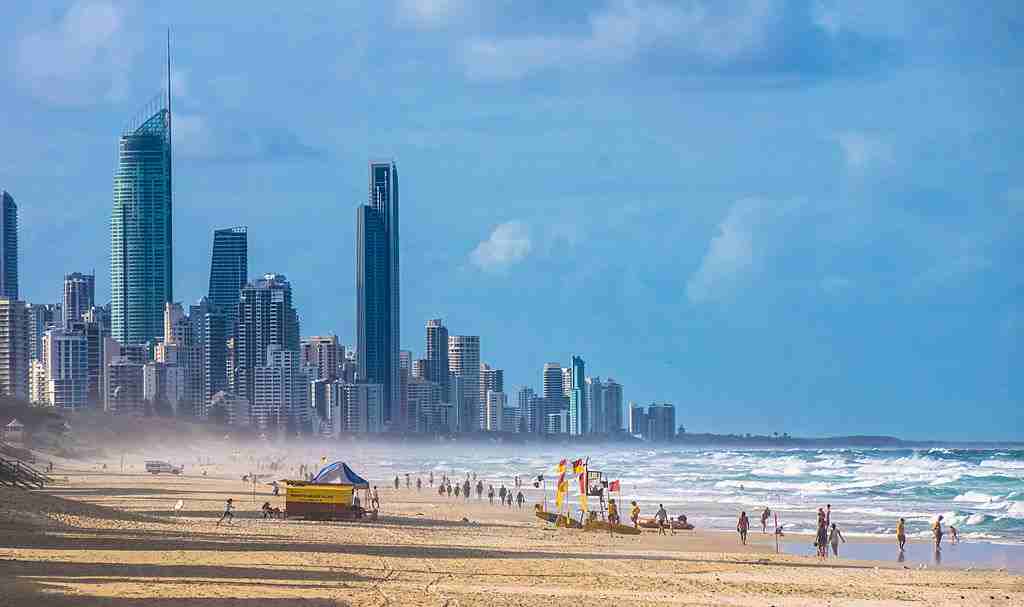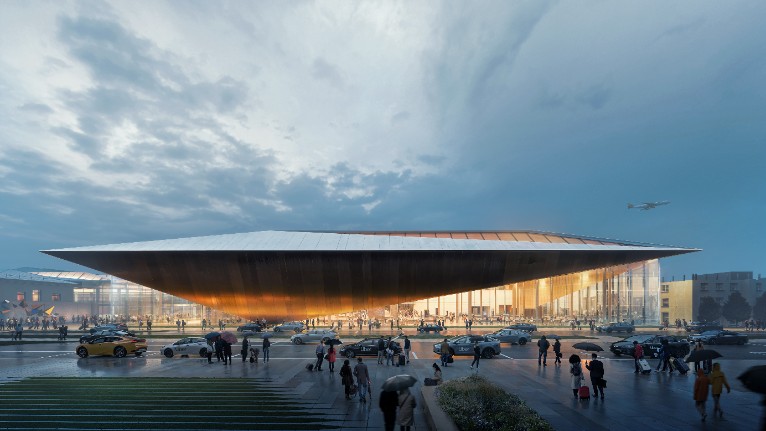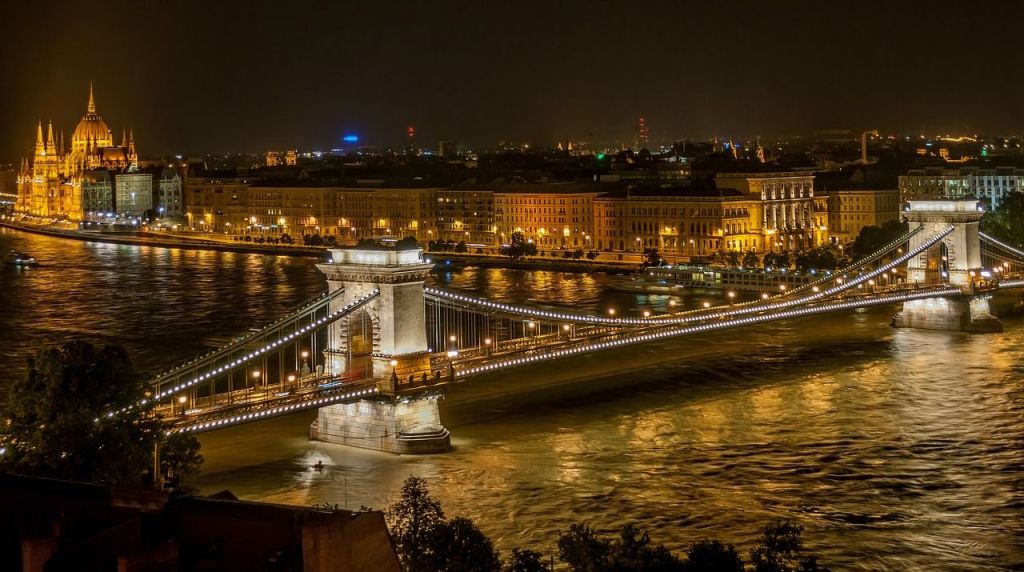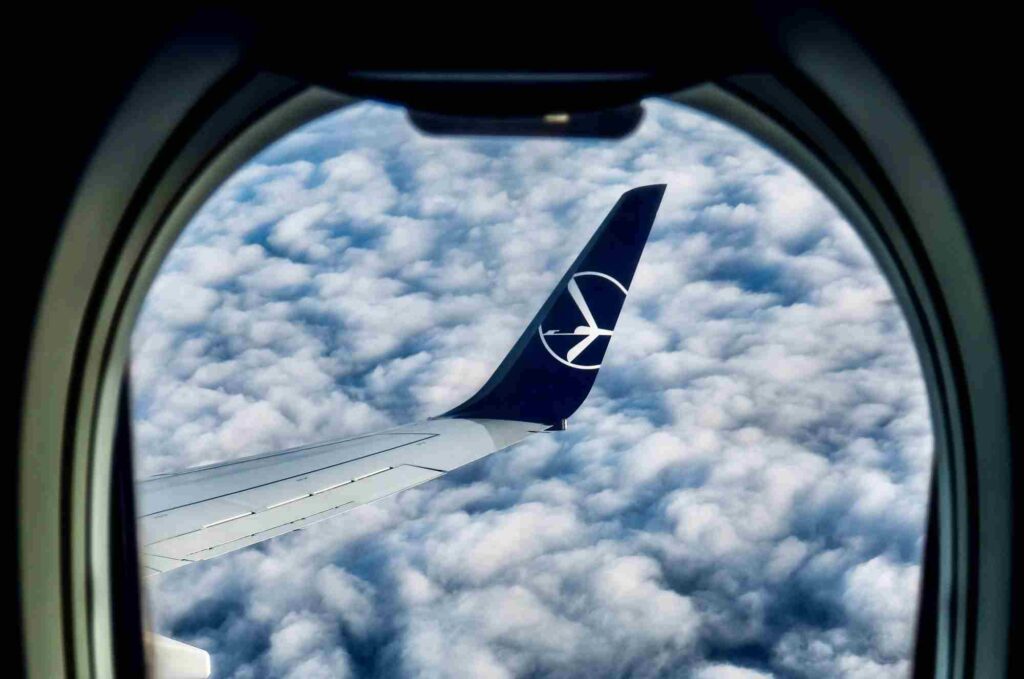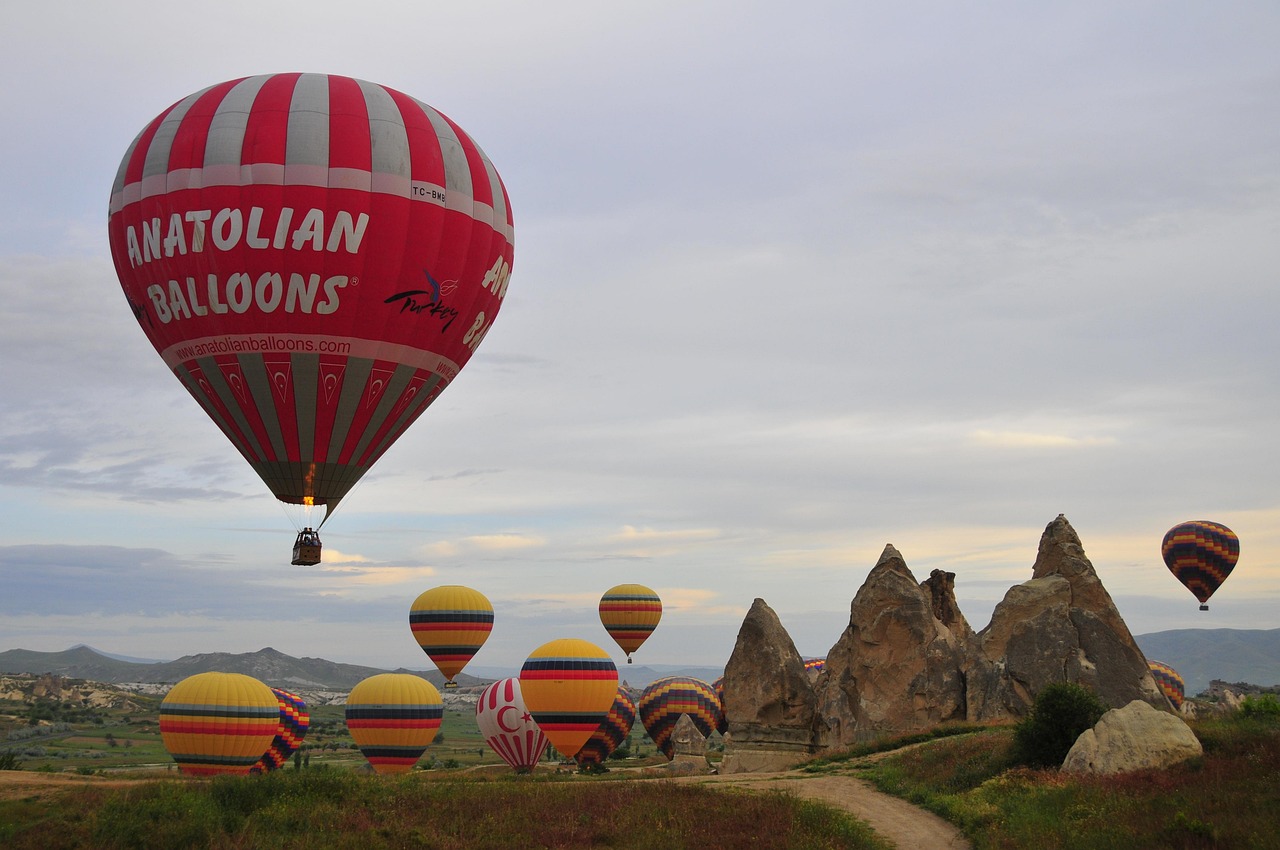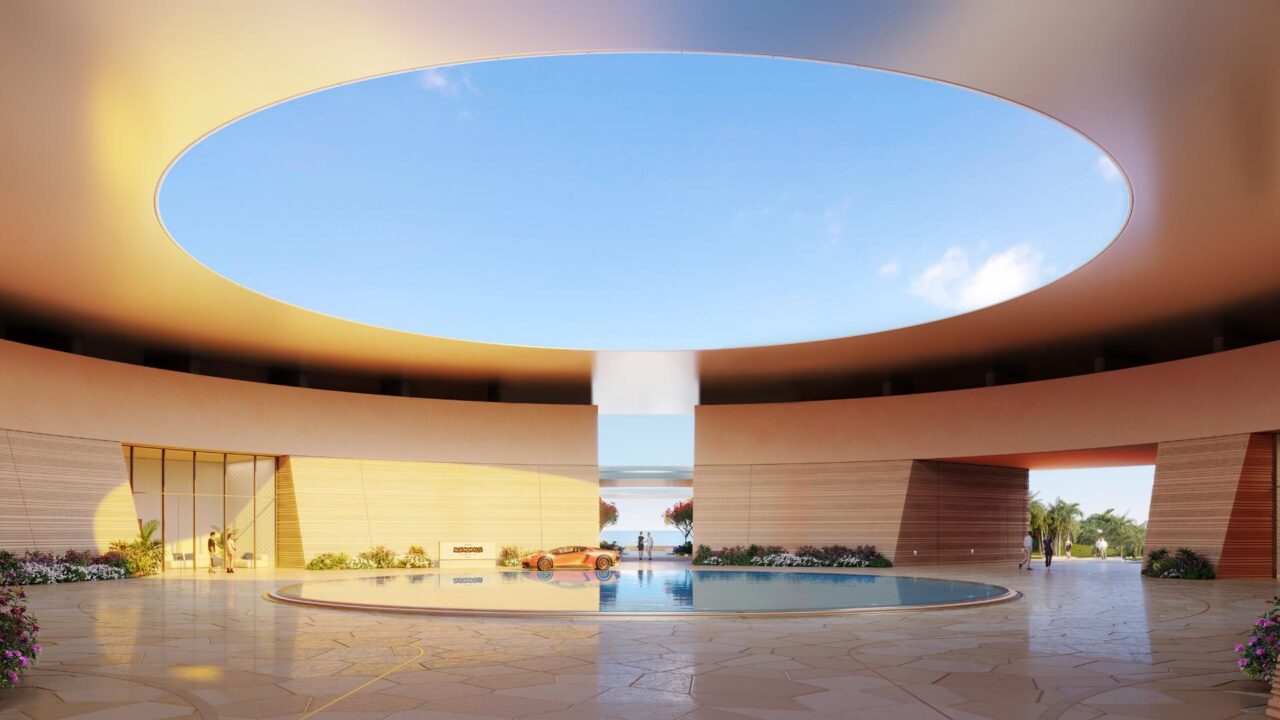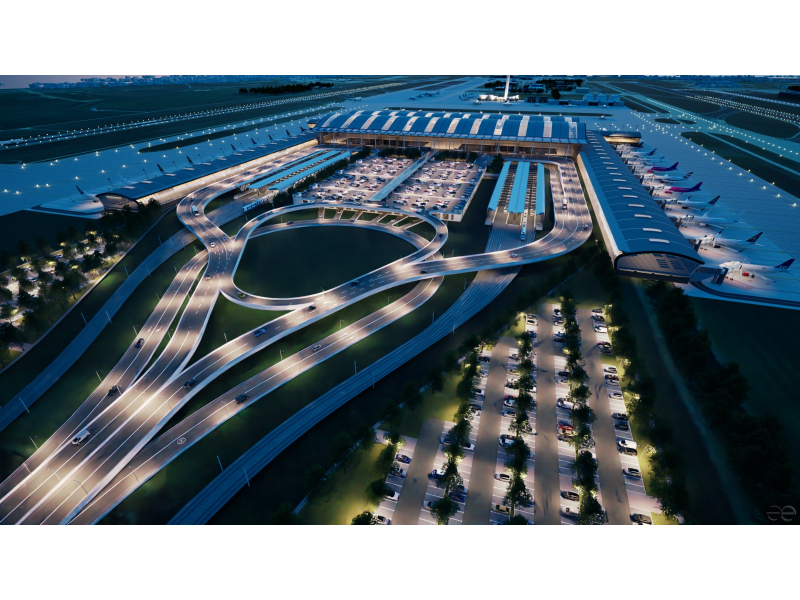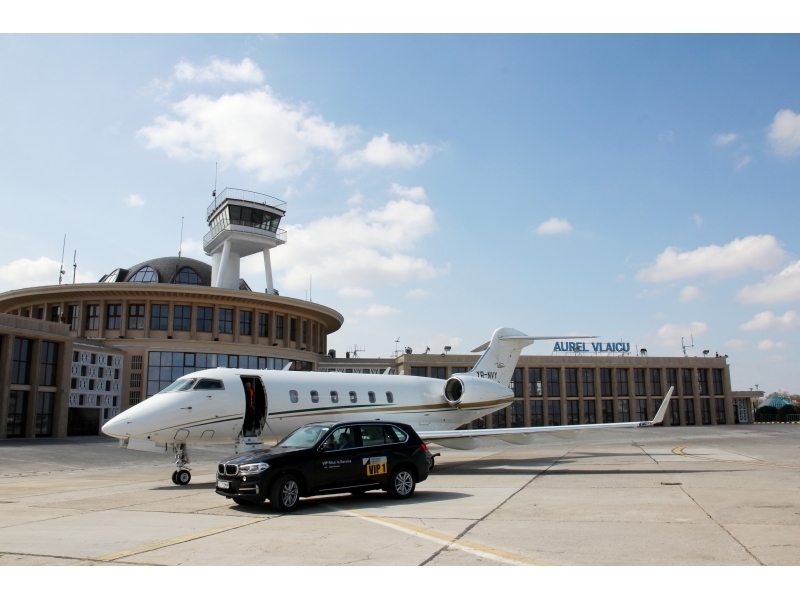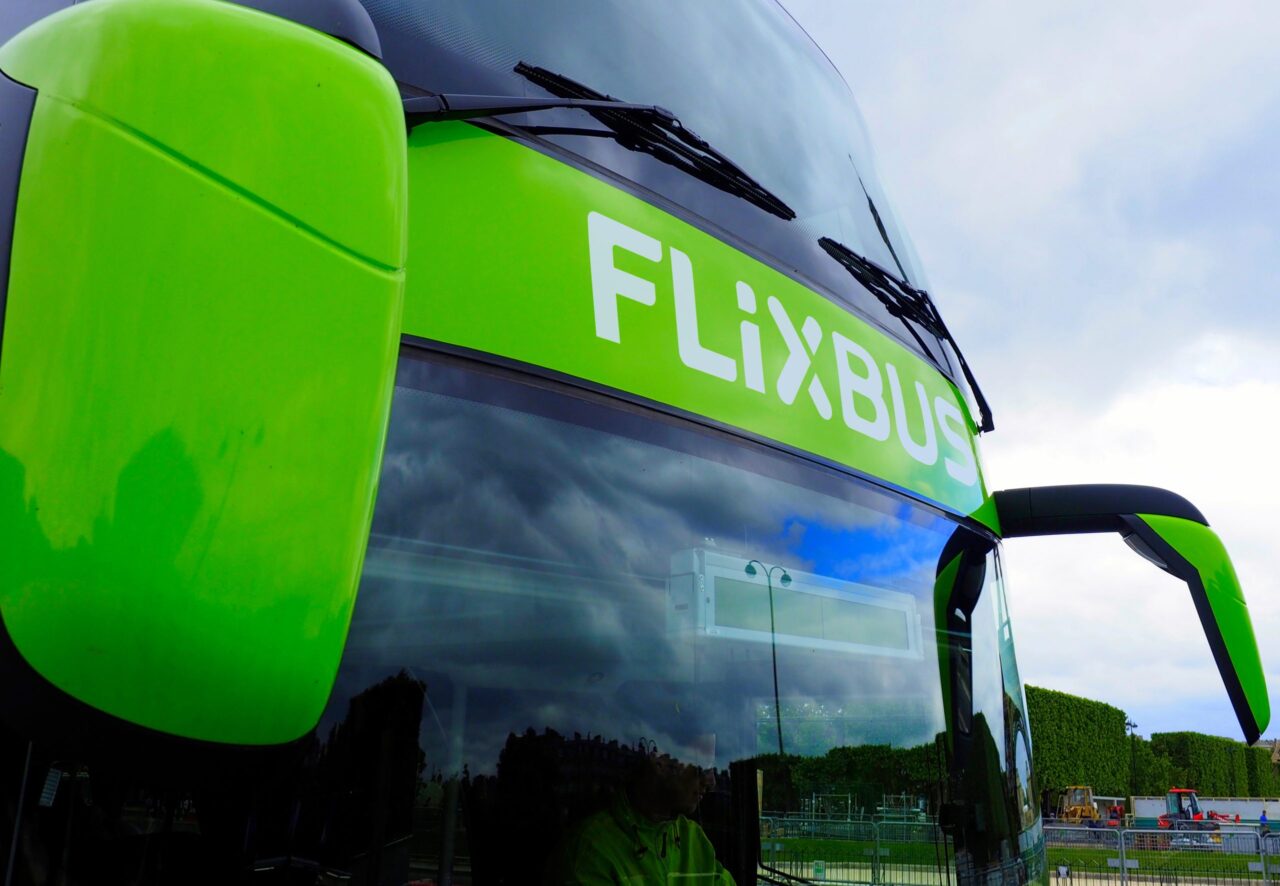The Gold Coast has locked in a full to bursting program of events for 2021 from mega concerts to internationally recognised festivals to capture pent up demand, recharge the event capital’s tourism sector and become one of the world’s most sought-after event destinations.
In a significant change to encourage longer visitor stays, events will predominantly be pushed to the weekends meaning the city will become a national long weekend destination hotspot for major events and experiences.
Major Events Gold Coast Chief Jan McCormick said events cancelled in the wake of the coronavirus pandemic along with new national and international events were vying to be held at the Gold Coast, including major events transferring from overseas locations such as the United States to the COVID-safe state.
McCormick said in the past the Gold Coast would have hosted 50 to 70 events, compared to more than 100 set for 2021.
Confirmed major events for 2021 include Beyond the Sand sand sculpture festival in March, the first Inverted Music Festival combining live punk rock and world-class extreme sports, as well as Blues on Broadbeach in May and Cooly Rocks On rock’n’roll and nostalgia festival in June. The Guns N Roses mega concert tour opener, the Pan Pacific Masters Games and Groundwater Country Music Festival will all be held in November and V8 Super Cars in December.
Events are a major economic drawcard for visitors to the Gold Coast. In 2019 of the 4.2 million people who travelled to the city, 48 per cent of those travelled for an event, McCormick said.
Sports events alone, from youth to masters amateur championships and professional sports events, are estimated to inject more than $745 million a year into the local economy, based on direct and indirect contribution from events, players, spectators and local workers.
Due to the pandemic lockdowns and cancellations, visitor numbers to the Gold Coast in 2020 crumbled. The financial impact of the cancellations and travel restrictions was devastating for the city.
In the year ending June 2020, domestic overnight visitor expenditure dropped by 27 per cent to $2.8 billion. While average spend per night increased, the economic hit was largely the result of total visitor numbers plummeting by 25.9 per cent to 3.1 million, Tourism and Events Queensland figures show.
The drop included a 29 per cent fall in visits from Brisbane to the Gold Coast to 103 million.


